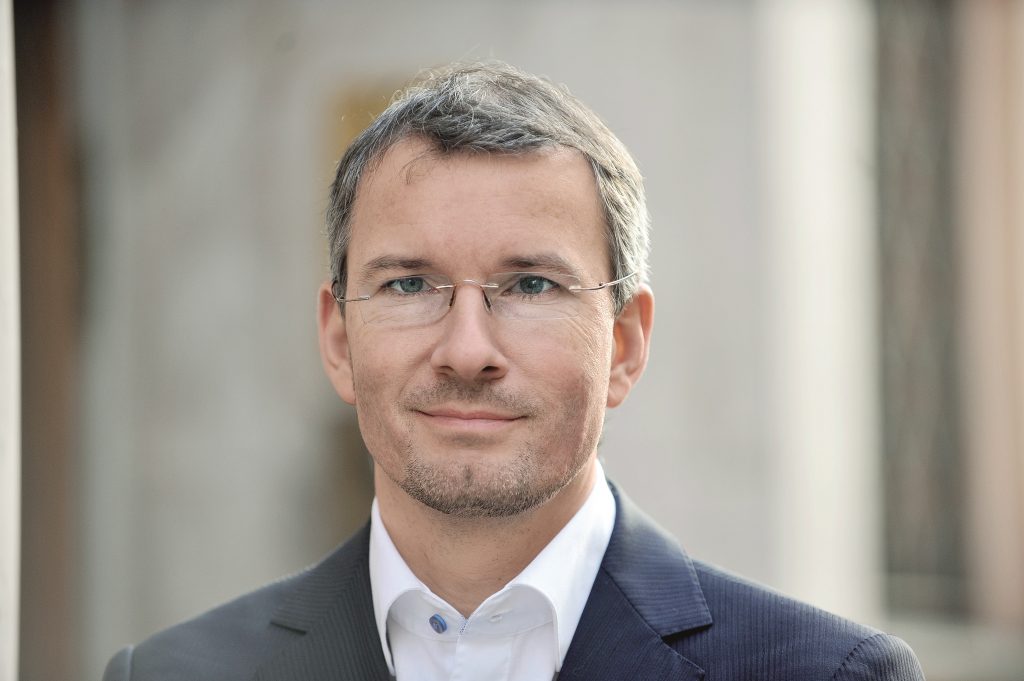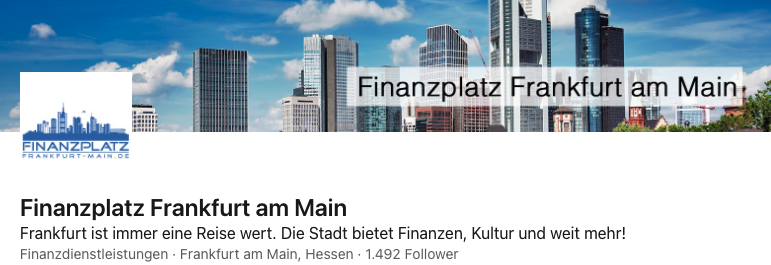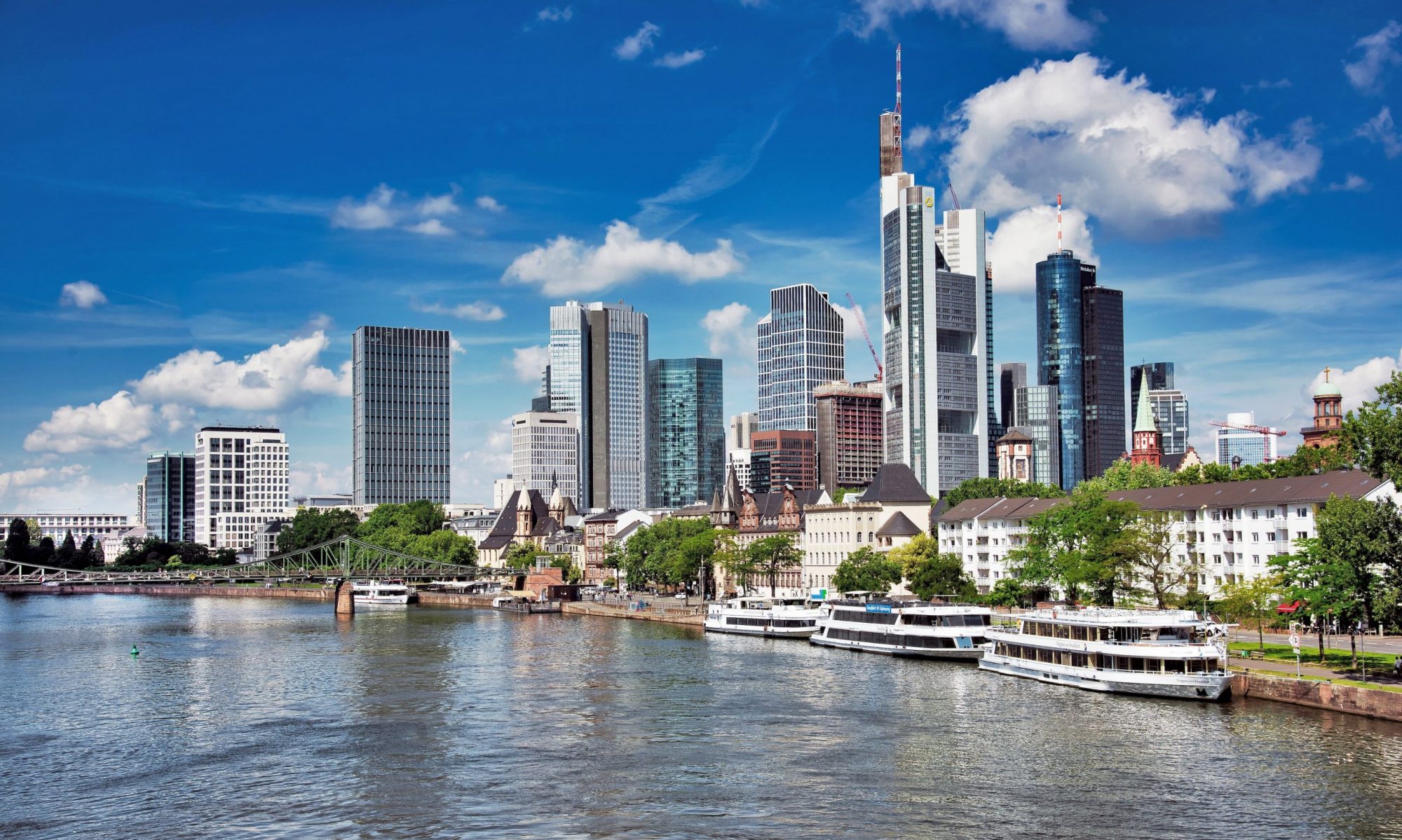Deutscher Stiftungstag, MünchnerStiftungsTag, Virtueller Tag für das Stiftungsvermögen: Three events where the financial center Frankfurt is again represented with professional expertise (examples: DEKA, HELABA, KfW, Stiftung Polytechnische Gesellschaft, DIE STIFTUNG, etc.). Markus Hill spoke for FINANZPLATZ-FRANKFURT-MAIN.DE with Tobias Karow, STIFTUNGSMARKTPLATZ.EU, about topics such as diversification, family office, ESG, digitalization, and reputation management. The topic of insight knowledge management, the alignment of event formats, and the special importance of the Association of German Foundations as a Center of Knowhow were also topics of the conversation. (Additional info / event notes: MünchnerStiftungsTag & Digital – 7/1, 6/7 – 6/11 & 5/12/2021).
Hill: What topics will you be covering at your event?
Karow: We’re looking at the topic of foundation assets 2030, so how foundations are investing their assets today for tomorrow. It sounds trivial at first glance, but many foundations honestly have to set the course, so that they don’t find themselves without decent returns tomorrow. Therefore, we offer suggestions on what should include in the investment guidelines, what the diversification requirement is all about, and what role the business judgment rule could play.
Hill: In your opinion, what should and should not be included in the foundation’s assets?
Karow: It’s impossible to make a general statement like that, but one thing, in particular, pays off from an endowment perspective. Investments that don’t deliver an ordinary return must have a hard time with foundations. After all, it is the ordinary returns that allow foundations to realize their purposes; capital preservation is simply secondary to that. However, many foundations look first at precisely this, which is why many foundation assets are misallocated, with too many low-interest bonds, too few equities, and too few alternatives. What foundations also need to sort out for themselves is the topic of sustainability or ESG. ESG is risk management from a foundation perspective, and it is reputation management. Or would you still donate money to a foundation in the future that cannot tell you that it handles its assets professionally?

Hill: Is there also a link to family offices in your activities in the foundation segment?
Karow: I see the bridge to family offices in the role that family offices take on, which would also be a suitable one for foundations and their managers: that of portfolio controller. Many foundations will hardly be able to actively manage money themselves due to a lack of time and professional resources, but it is possible to keep an eye on asset managers and then change the manager if necessary.
Hill: The German Foundation Day will take place from June 7 to 11, 2021. This year it again offers a very interesting program, and the financial center Frankfurt is also represented with economic expertise (DEKA, HELABA, KfW, etc.). Where do your topics overlap, where do you complement each other’s expertise?
Karow: Indeed, the German Foundation Day (Federal Association of German Foundations) is the largest industry gathering in Europe, and it is rightly the case that foundations and foundation experts head for it first. There are certainly overlaps with our Virtual Day for Foundation Assets, because Stiftungstag naturally also addresses the topic of foundation assets, with prominent figures. Our #vtfds2021 is certainly the less prestigious format, we set the accents on the topic of foundation assets perhaps a bit more on the micro-level. And of course, our format is a free live stream.
Hill: What other interesting formats in terms of knowledge management are there in the foundation sector?
Karow: In terms of pure foundation events, it’s the MünchnerStiftungsTag, which takes place on July 1 and this time is a digital event. The topic here is digitalization and where foundations currently stand post-Corona. In March, we also held the Digital Social Summit, a great event with an excellent program that attracted around 1,000 spectators. The webinars of our event partner at #vtfds2021, RenditeWerk, are also still well attended, which may have something to do with the fact that the format existed before the pandemic and is now enjoying a high level of acceptance.
Hill: Thank you for the interview.
MünchnerStiftungsTag (July 1, 2021): www.muenchnerstiftungstag.de
TOBIAS KAROW: „The MünchnerStiftungsTag, it’s good to have it again. It was the last foundation event we had the pleasure of being a guest at in 2020. This year, on July 1, 2021, the MünchnerStiftungsTag will be held digitally, and the program also has the digital world as a theme. The aim is to discuss how digital day-to-day foundation practice already is and what we remain. We have already found three Digissentials in advance.“
Deutscher Stiftungstag (7.6. – 11.6.2021): www.programm.stiftungstag.org
Virtueller Tag für das Stiftungsvermögen (12.5.2021): www.vtfds.de

Related articles:
- Paulskirche, Resilience, Silicon Valley & Slowness (Interview – Ortrud Toker, Author)
- dazzling economy, real estate, startups, sustainability & networking (Interview – Ulrich Siebert, author, restaurateur, Frankfurt)
- Digitalization & “Asset Class Data Centers” – Real Estate, REITs and ESG (Michael Jakobi, contagi Digital Impact Group)
Photo: www.iStock.com/trabantos


